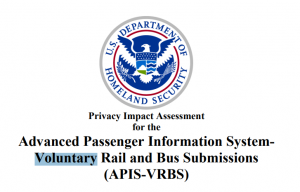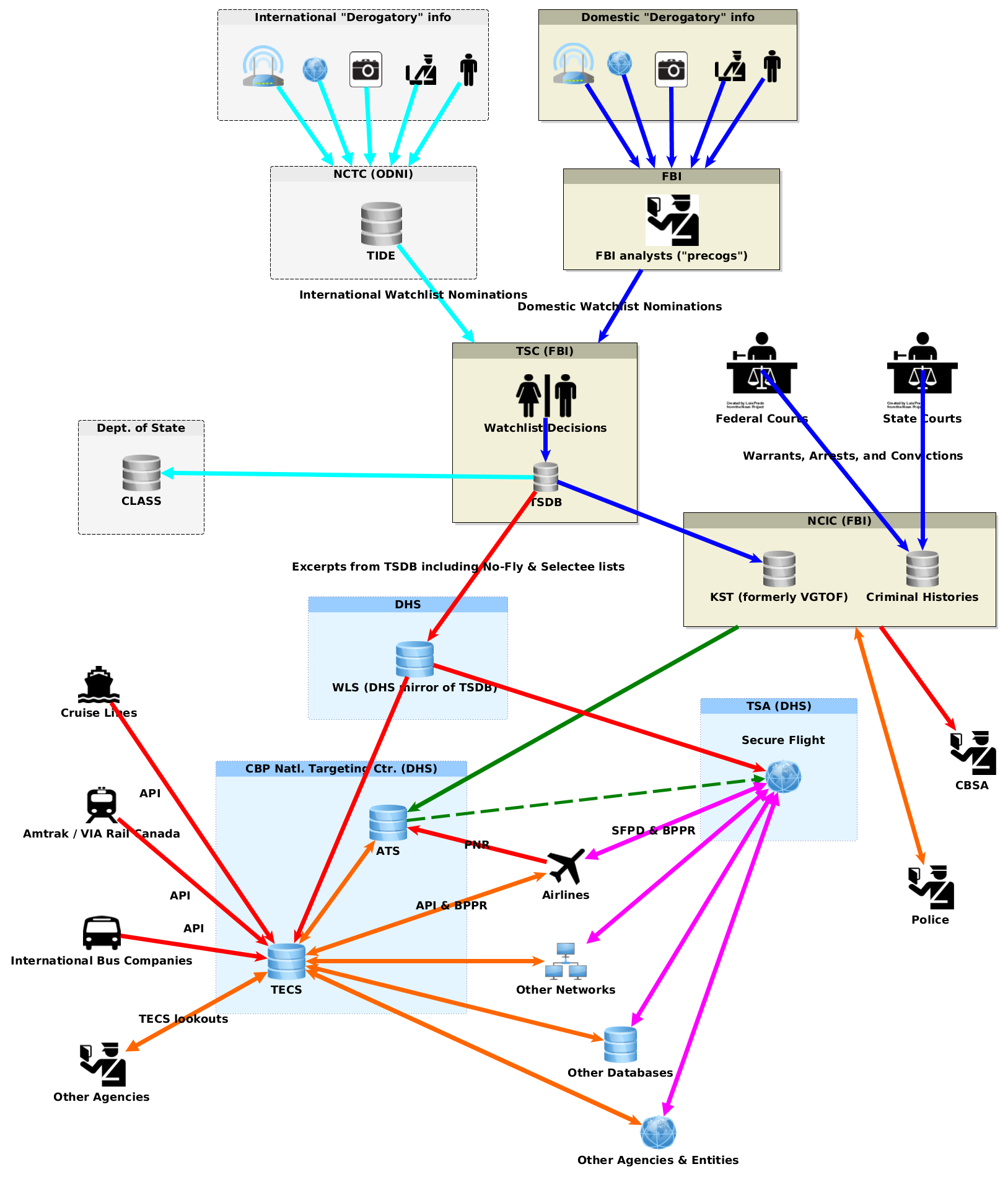Last week three judges of the 9th Circuit Court of Appeals upheld the TSA’s administrative decision to fine “Naked American Hero” John Brennan $500 for taking off all his clothes to protest TSA’s practices and to show that he wasn’t hiding any explosives under his clothes despite a false-positive result from a TSA swab test for residue of explosives.
At the same time, the TSA revealed that Mr. Brennan was not alone: At least two other air travelers have been fined in recent years for taking off all their clothes in response to TSA demands that they submit to “pat-down” searches for weapons and explosives.
The judges on the 9th Circuit panel claimed not to believe that viewers would understand Mr. Brennan’s symbolic speech — notwithstanding the public reaction that made clear that Mr. Brennan’s expressive intent and message were perfectly clear to those who heard about what he had done. According to thre court’s “unbpublished” (it;s actually public, but can’t be cited as precednt in future cases) opinion:
Brennan’s core contention is that stripping naked in the middle of a TSA checkpoint is expressive conduct protected by the First Amendment. But Brennan fails to carry his burden of showing that a viewer would have understood his stripping naked to be communicative. Therefore, his conduct is not protected by the First Amendment.
The TSA fine was based on the claim that Mr. Brennan “interfered” with TSA screening because the TSA stopped screening him in order to stare at, or perhaps in order to avert their eyes from, Mr. Brennan’s naked body, or diverted their attention to trying to shield other travelers from sight of him.
But the TSA never claimed that Mr. Brennan’s nakedness violated any Federal law or regulation, and the local courts dismissed the criminal charges brought against him under state and municipal law on the grounds that his nakedness was, in the circumstances, protected by Oregon law. Mr. Brennan could legally have shown up at the TSA checkpoint already naked, and the duty of the TSA would have been to allow him to proceed unless “screening” showed him to be a threat to aviation security.
TSA staff and contractors are often distracted from their duties by the appearance of the travelers they are inspecting and groping. But that’s not a lawful basis for sanctions against those travelers. Mr. Brennan is not responsible for the decision of the TSA staff to stop doing their job because of what he looked like or how he was (legally) dressed or undressed.
The court found that the TSA rule against “interfence” isn’t unconstitutionally vague, even as applied to Mr. Brennan’s entirely peaceful and nonviolent conduct:
We have long recognized that “‘interfere’ has such a clear, specific and well-known meaning as not to require more than the use of the word[] . . . in a criminal statute.” In other words, the word has a “settled legal meaning[].” And courts have often defined and applied it, but never in a way that would lead a person of ordinary intelligence to think that he or she could strip naked at a TSA checkpoint and refuse to get dressed, leading to the closure of the checkpoint.
The court’s error, of course, is the mistaken claim that it was Mr. Brennan’s actions, rather than the choice of the TSA to abandon their duties and refuse either to screen a naked man or allow him to proceed once they could see he had no concealed weapons, that “led to” the closure of the checkpoint.
The 9th Circuit was the first (and only) court to review the Constitutionality of the TSA’s administrative fine of Mr. Brennan. TSA administrative decision-makers are forbidden from considering whether the regulations, policies, and practices they enforce are legal or Constitutional.
Brennan v. TSA and DHS was fully briefed before the 9th Circuit two years ago. Earlier this year, after a long silence, the court scheduled oral argument, which was to have been held earlier this month in Portland. Then, on its own initiative and without explanation, the court cancelled the scheduled oral argument, and decided the case a few days later on the written arguments. Our best guess is that one of the three judges on the panel had questions about a draft opinion, but was persuaded or decide to withdraw them.
Mr. Brennan discussed his original protest and his thoughts on the 9th Circuit decision in a lengthy interview with Portland TV station KGW. Some excerpts:
Read More →



